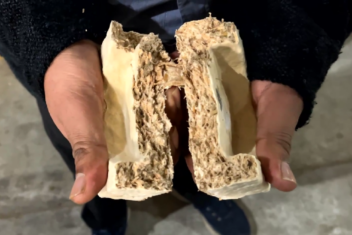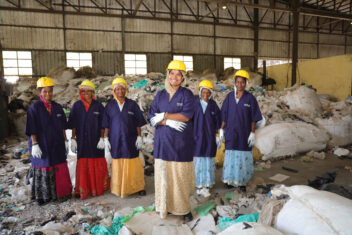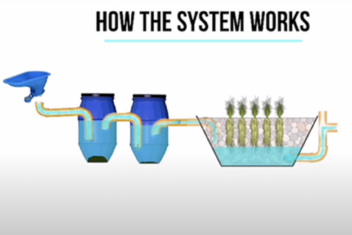Circular Uganda: Climate-smart agriculture linked to safe sanitation

Uganda, agriculture, and climate change
According to the UN, agriculture contributes to nearly a quarter of Uganda’s GDP, employing over 70% of the labour force and 31% of export earnings (2020). Agriculture plays a huge role in Uganda’s economy and development.
Around 70% of Uganda’s working population engages in agriculture (Uganda Bureau of Statistics). 41% of Uganda’s land is degraded. As a result, it causes approximately 27% GDP loss in the agricultural sector. Furthermore, Uganda has serious environmental problems due to the high demand of natural resources from urbanisation, population growth, and industrialisation, to name a few. With all these factors, measures should be taken to ensure the sustainable growth of Uganda’s agriculture.
Co-composting for circularity and climate mitigation
In some of the countries WASTE works, such as Uganda, our co-composting initiative is leading as an effective means for integrated soil fertility management for a circular approach to climate smart agriculture.
What is co-composting?
Co-composting is the processing of two waste streams (faecal sludge and organic solid waste) to produce phosphorous, nitrogen rich compost for agriculture. (Co-) composting indicates the addition of the faecal sludge in the regular composting process. Co-compost is more nutrient dense than typical compost, and manages some portion of treated human waste, upcycling waste into a valuable product that can restore depleted soils.
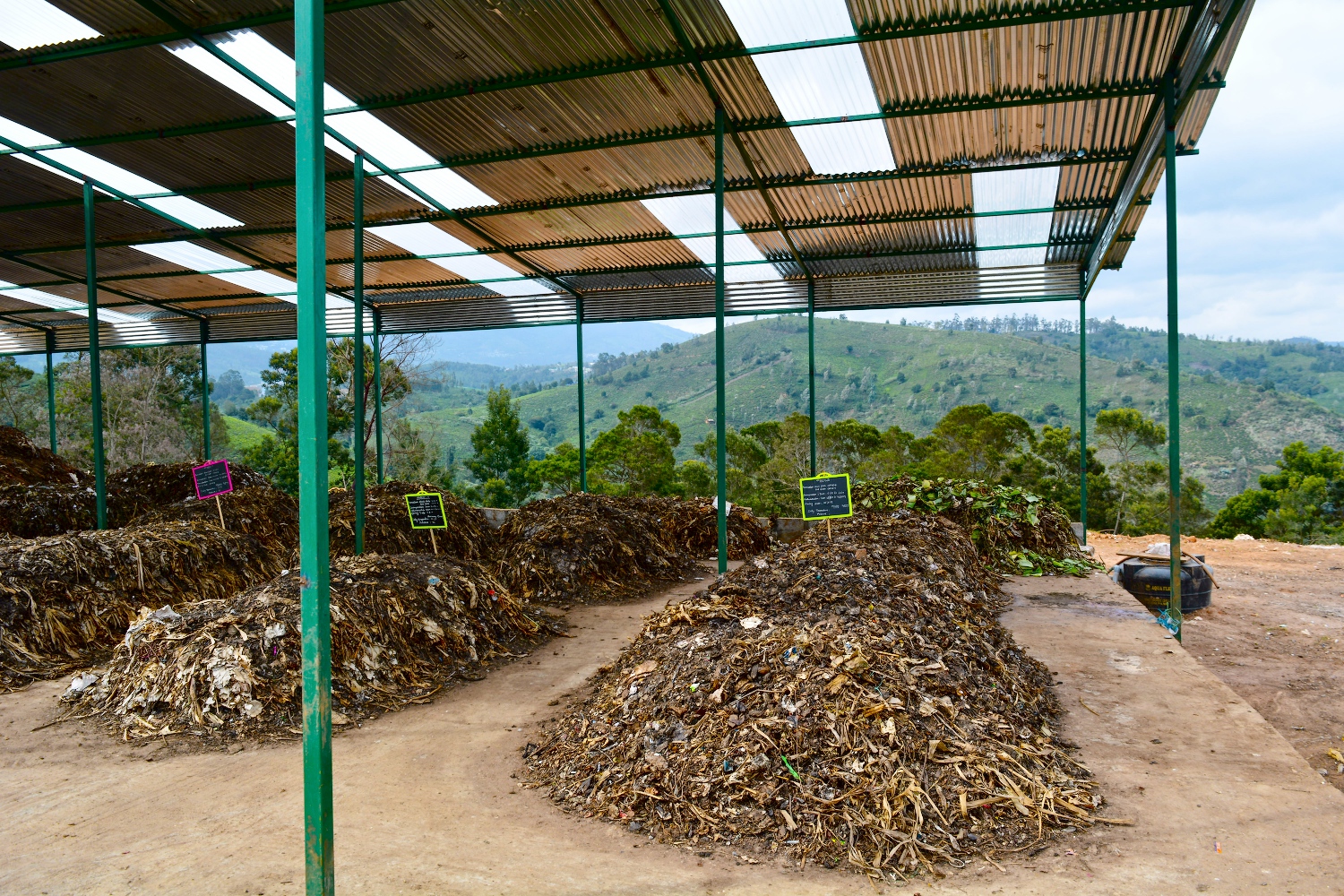
In addition, this approach to waste management lessens the usage of harsh, synthetic chemical fertilisers, thus preventing further land degradation. Co-compost contributes to improving soil health through the resource recovery of crucial nutrients like nitrogen, phosphorous and potassium. Carbon sequestration (putting carbon back into the soil) is also a benefit from utilising co-compost, to prevent more carbon dioxide from entering the atmosphere, so that it does not contribute to global warming.
The circular sanitation economy: Cross-sectoral approaches to climate resilience
This approach brings numerous benefits to local communities and economies especially in such an agriculture dependent nation like Uganda. Communities construct safely managed toilets which both (a) improve health for their families and the environment and (b) allow for the human waste to be safely removed and used as an input for the circular co-composting. Furthermore, the entire waste value chain is strengthened in concert, as organic waste is a crucial input to create co-compost and keep the circularity going. Soil fertility and job security are improved, plus, it opens opportunities for more renewable energy production.
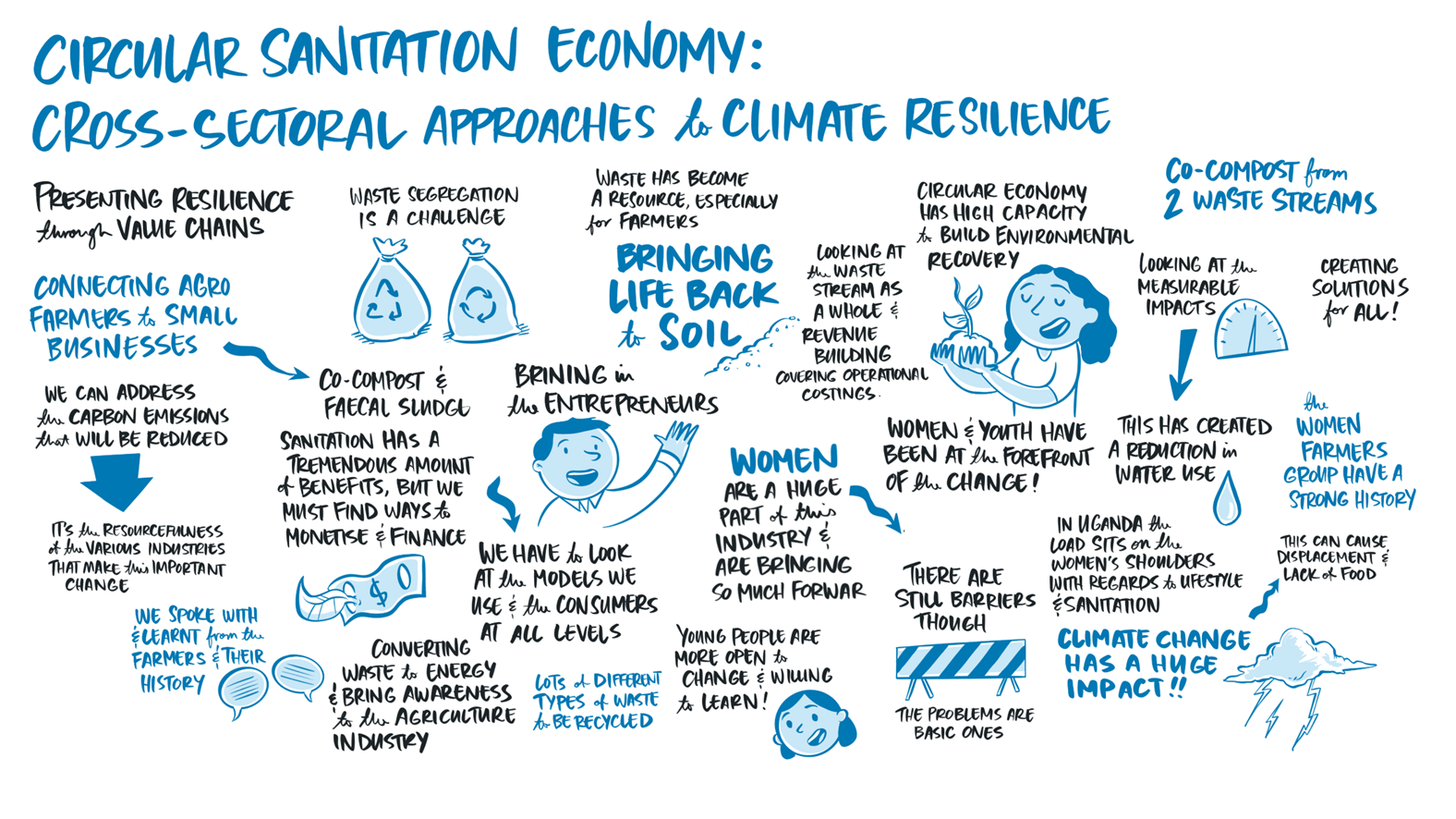
Co-compost was found to improve farmers’ crop yields by an astonishing 30%, found by our recent studies in similar contexts in India for example. This gives us good inspiration to keep moving toward increasing circularity especially to strengthen and link agriculture and sanitation.
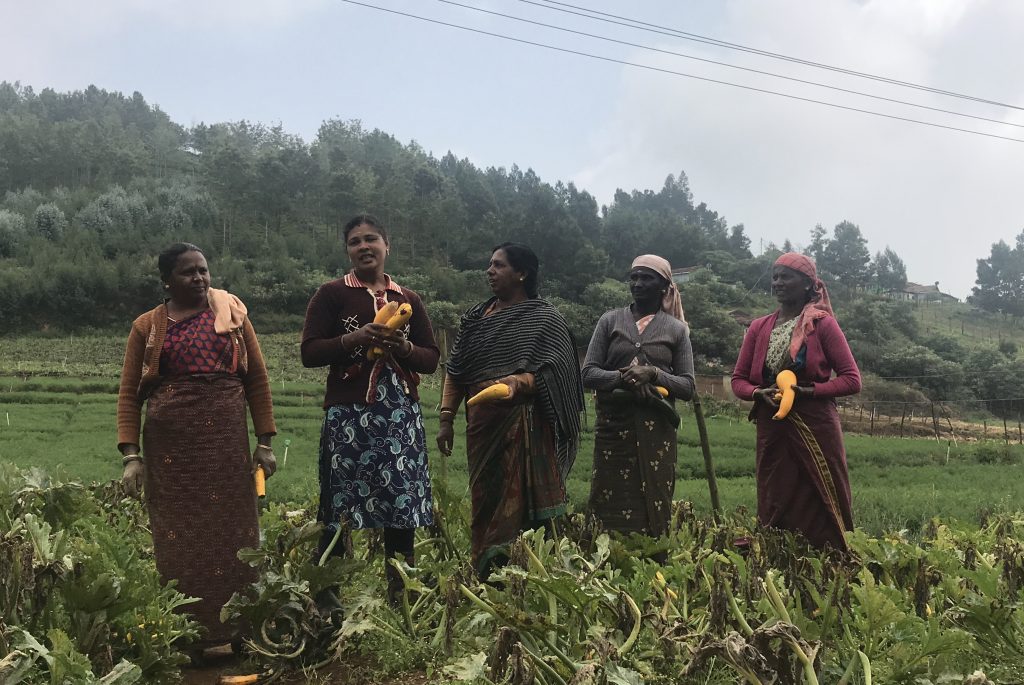
Our circular sanitation economy initiative in Uganda is expected to provide 53,600 households with safely managed solid waste and over 9,000 tonnes of safely treated faecal sludge annually.
Building resilient and healthier communities through climate-smart agriculture is one of our aims for promoting more circularity in the sector. Through this, we aim for cross-sectoral impact through:
- Improving gender equality and social inclusion.
- Leveraging grant funding to catalyse private investment to move communities sustainably up the sanitation ladder.
- Establishing and supporting small and medium enterprises (SMEs) especially in water/sanitation/hygiene (WASH) and waste sectors.
- Reducing costs of scaling and strengthening financial inclusion mechanisms.
- Establishing public-private partnerships (PPPs) and building the capacity of local stakeholders for sustainability through WASTE’s Diamond Model.
